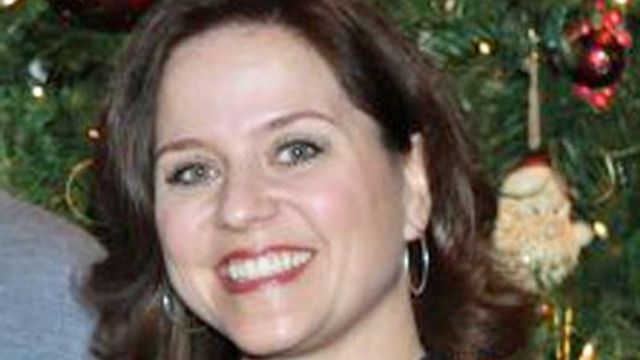Mission teams return from serving in Haiti
Triangle women on separate mission trips to Haiti got a joyful homecoming at midnight Saturday, after four days spent delivering babies and emergency medical care in quake-stricken country.
Posted — UpdatedThe women were among the more than 20 North Carolina residents who were in Haiti when the poor Caribbean nation experienced its strongest earthquake in more than 200 years.
Flying into the Raleigh-Durham International Airport Saturday was Kellee Metty, of Durham, who had organized a mission team. On the team were her Raleigh dentist, Julia Zervos, and Linda Graham and Lisa Lewis, fellow members of King's Park International Church in Durham.
Stephanie Dickson was also in Haiti on trip to work with children, sponsored by Lifeline Christian Mission, based in Westerville, Ohio.
Tuesday's 7.0-magnitude earthquake interrupted her first trip to Haiti – and her first trip outside the United States.
"All of a sudden, the buildings started shaking. ... We didn't know what in the world," Dickens recalled. "All of the other girls were sitting in there. ... She thought a bomb was going off."
Metty's team planned to volunteer at the Christianville Foundation orphanage. But that goal changed when the earthquake rocked the Port-au-Prince airport – 30 minutes after they had landed.
"Every citizen, every person in that city was on the street that day, that night," Metty said. "They've been outside every since. They refuse to go inside. They're terrified of the buildings."
Graham said she didn't see any buildings left standing or undamaged. "It's my assessment that ... the city's pretty much going to have to be razed and rebuilt," she said.
Metty and her three fellow volunteers spent the first night in an open soccer field with about 2,000 Haitians, members of a local church. The volunteers opened their suitcases and gave clothes to women who escaped the carnage with little to cover themselves.
The next day, they set up a mini-triage center, using 400 pounds of supplies they had brought for the orphanage – Band-Aids, Neosporin, alcohol preps, clothe strips and 25 pounds of rubber gloves.
Graham recalled being discouraged at the extent of the injuries.
"How can you put a Band-Aid on an amputated leg?" she said. "But we did our best. We helped people; we cleaned wounds as best we could. We did what we could."
The women also found themselves pressed into helping delivering two babies.
"A gentleman came to us and said, 'My wife is in labor. Can you help us?' One lady said, 'No, we're not qualified,'" Graham remembered. "I said, 'I have had a baby. Get me some strips of clothe, some rubber gloves, some alcohol preps, and let's go.'"
Graham said that after they successfully delivered the child, the father asked them to name the baby. She thought about for a while, Graham said, then decided on Judah, which means "praise."
"I explained (that) we came through so much destruction, we came through so much death and so much injury to get to this room, when we leave, let's take our praise with us," she said.
Graham said that knowing she could return to her own family in Durham gave her the inspiration and courage to do more for the people of Haiti.
"The moment required that we step up, and somehow, by the grace of God, we had the strength and we had the knowledge to do what we had to in the moment," she said.
Members of the Charles family slept easier Saturday night as well. Alix Charles, the father of WRAL editor Phillipe Charles, got word that his wife’s nephew, wife and two children who live in Haiti are alive.
The family is still waiting to hear from other relatives.
The mission teams said they left Haiti feeling comforted by the flow of aid coming into the country.
"It's very encouraging to know that Haiti doesn't have to really on Haiti's resources, because if that were the case, it would never recover," Graham said.
"But we felt very encouraged that the world was really joining this destruction, and they're feeling the grief, feeling the sorrow, and they're also taking the responsibility," she continued.
• Credits
Copyright 2024 by Capitol Broadcasting Company. All rights reserved. This material may not be published, broadcast, rewritten or redistributed.






